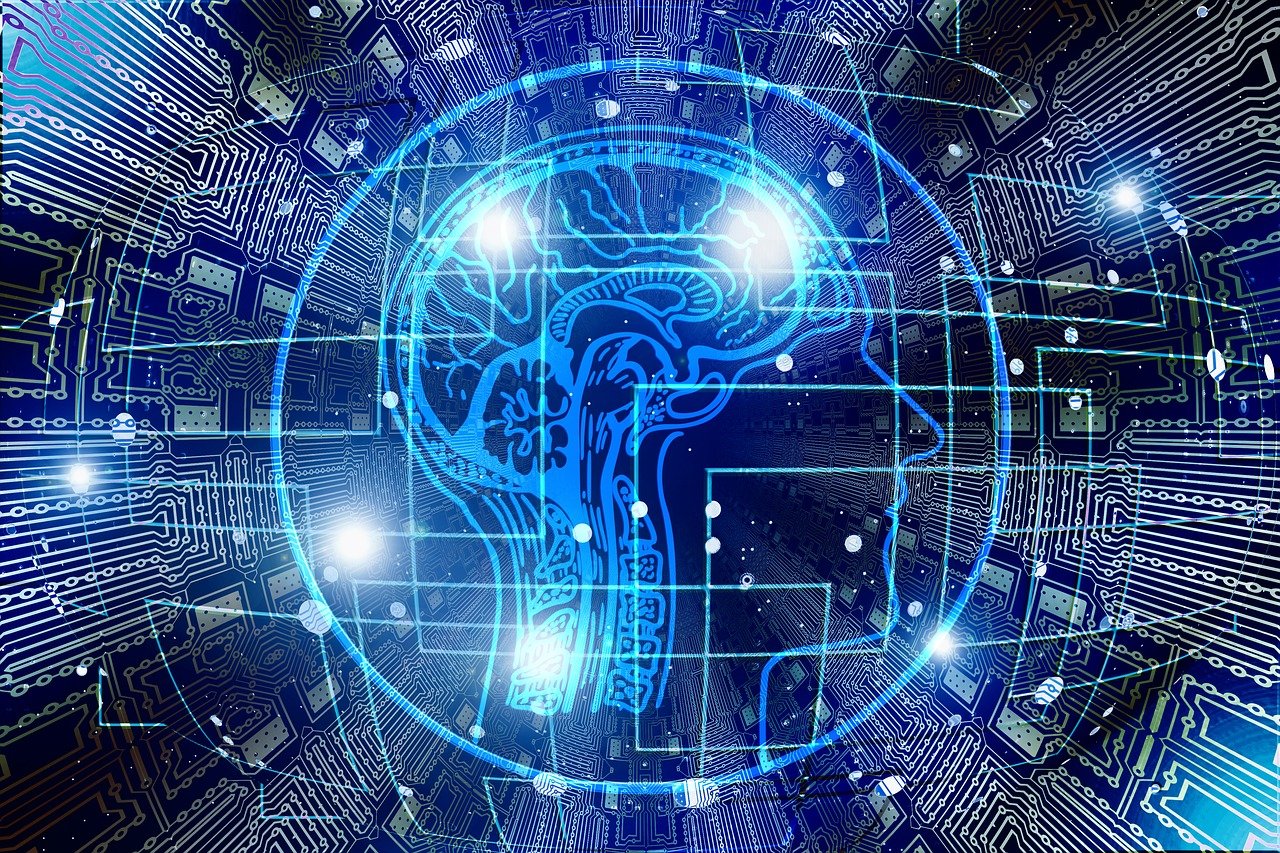5 Machine Learning Applications in Commercial Real Estate

Machine learning applications in commercial real estate are garnering significant attention, especially with AI’s promise to transform and enrich the industry. The real estate sector is rapidly recognizing the potential of artificial intelligence (AI) in reshaping its landscape, bringing forth new market dynamics, innovations, and efficiency improvements.
The commercial real estate industry foresees an expanding AI ecosystem that is set to influence the global demand for properties and assets. Real estate professionals, including investors, developers, and agents, anticipate that AI will have one of the most substantial impacts on the sector in the coming years.
Here are the five primary areas where machine learning algorithms and AI technology are catalyzing demand:
Tech Hubs and AI Growth
The increasing significance of AI has created a surging demand for specialized talent. As a result, companies are strategically positioning themselves in major tech markets, often close to leading academic institutions. This allows them to leverage AI technologies, capitalizing on the knowledge of AI specialists and fostering a collaborative tech ecosystem.
Data Centers Rise
Data centers play an integral role in machine learning applications in commercial real estate. The volumes of data handled by AI necessitate advanced data center infrastructure. With AI and machine learning becoming intrinsic to our day-to-day operations, the demand for expansive and efficient data storage and processing centers is surging. Furthermore, a conscious push towards greener and more sustainable operations is reshaping the architecture and energy utilization of these centers.
San Francisco’s AI Commercial Real Estate Lifeline
Smart Buildings and AI Integration
Machine learning in commercial real estate is accelerating the trend of AI-powered buildings. These buildings not only ensure improved efficiency but also significantly enhance sustainability. By integrating AI with technologies like drones and robotics, real estate assets can provide richer insights and more streamlined operations. Such advancements enable properties to optimize energy use, predict maintenance needs, and offer real-time feedback to users.
Investment Opportunities and AI Analysis
The ability of AI to sift through vast amounts of data and pinpoint patterns is revolutionizing financial and loan modeling in real estate. Platforms that harness machine learning algorithms offer actionable insights aligned with market dynamics, enabling real estate professionals to make informed decisions quickly. Furthermore, the real-time data analysis assists businesses like co-working spaces in forecasting demand and enhancing space utilization.
Experience-Centric Design and Functionality
The future of commercial real estate is not just about property management but also about elevating the user experience. AI-powered systems, by automating repetitive tasks and analyzing behavioral data, can customize environments to individual preferences, ensuring better customer service. As AI continues to integrate into our daily lives, the expectation for personalized and efficient workspaces grows, underscoring the need to leverage AI for optimal solutions.
In essence, machine learning in commercial real estate is not just a trend but a revolutionary force. As the industry continues to evolve and adapt, the fusion of AI technology and traditional real estate practices will pave the way for unprecedented growth and transformation.



